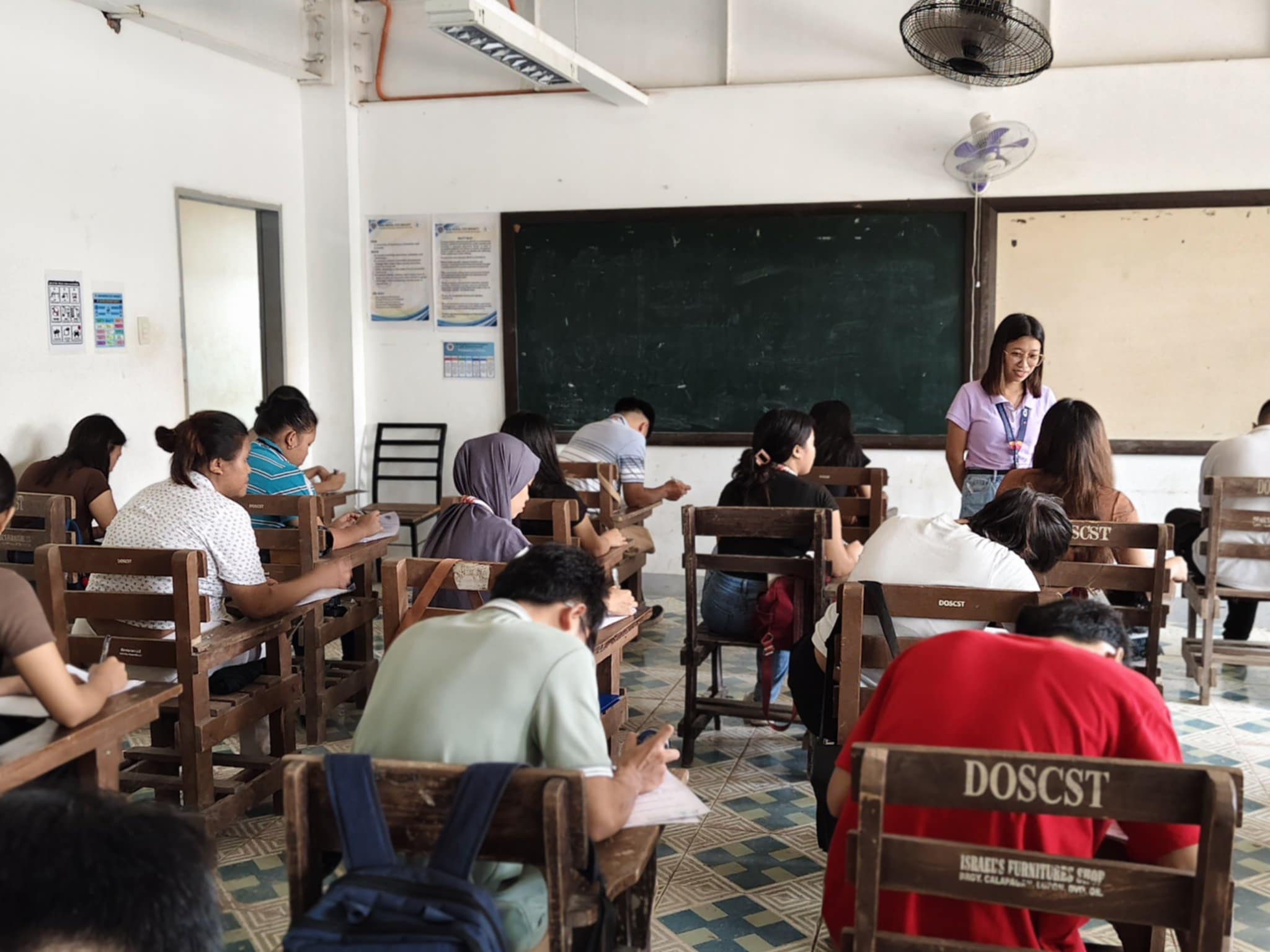Influence of Teachers’ Self-Awareness to Results-Based Performance Management System (Rpms’) Compliance
DOI:
https://doi.org/10.59120/drj.v11i2.400Keywords:
Davao Oriental, management, performance, self-awarenessAbstract
The study aimed to determine the influence of teachers’ self-awareness on Result-based Performance management system (RPMS) compliance in Manay District. Specifically aimed to determine teachers’ level of self-awareness about the implementation of (RPMS); evaluate the teacher’s teachers level of compliance with its implementation; determine the significant influence between the independent variable and dependent variable; identify issues and concerns encountered by teachers in its implementation, and gather suggestions from teachers for the improvement of its implementation. The researcher employed a quantitative type of research, particularly the descriptive survey design—a total of 158 identified respondents through stratified proportionate sampling. The respondents answered the researcher-made questionnaire that underwent content validation and inter-rater reliability testing. Quantitative data were treated statistically through mean, multiple regression, and frequency distribution to determine the most pressing issues and concerns relative to RPMS implementation. Suggestions are comprehensively analyzed as practical means towards RPMS. Results of the study revealed that the level of teachers’ self-awareness in terms of RPMS’RPMS’RPMS’ Core Behavioral Competencies and Core Skills is consistently demonstrated with an overall rating of 4.14. The teacher’s level of compliance with the RPMS’s performance cycle is very satisfactory, with an average of 4.35, which means that the implementation of RPMS in the school exceeded expectations. Teachers’ compliance with the RPMS cycle is significantly dependent on the teachers’ self-awareness of RPMS Core Behavioral Competencies and Core Skills.
Downloads

Downloads
Published
Issue
Section
License
Copyright (c) 2017 Melvin T. Maynagcot, Gemma M. Valdez

This work is licensed under a Creative Commons Attribution-NonCommercial 4.0 International License.
DRJ is an open-access journal and the article's license is CC-BY-NC. This license allows others to distribute, remix, tweak, and build on the author's work, as long as they give credit to the original work. Authors retain the copyright and grant the journal/publisher non-exclusive publishing rights with the work simultaneously licensed under a https://creativecommons.org/licenses/by-nc/4.0/.





